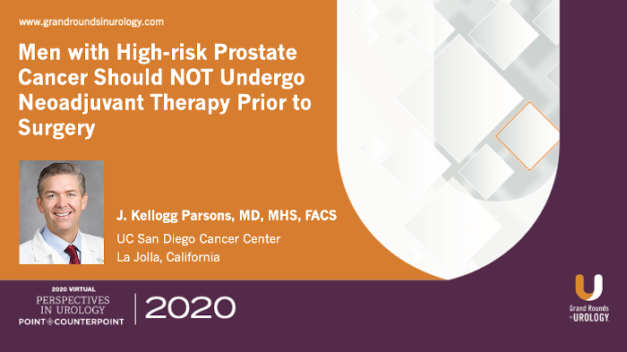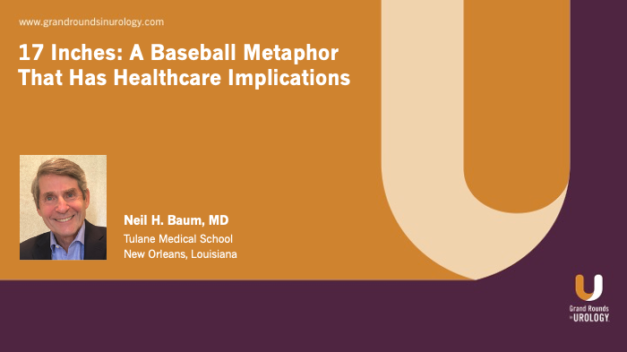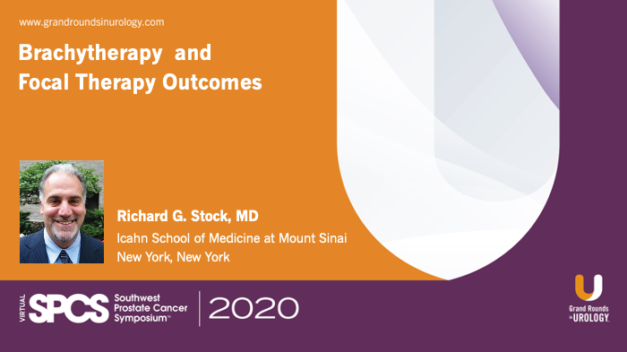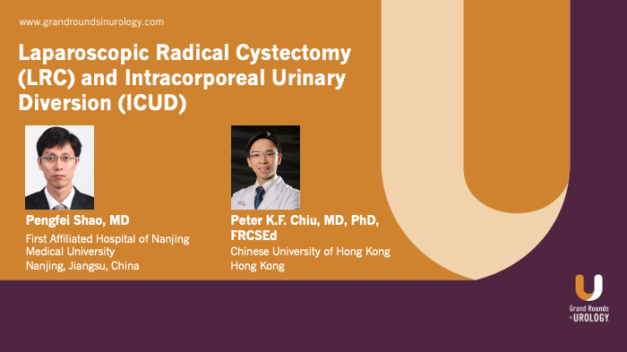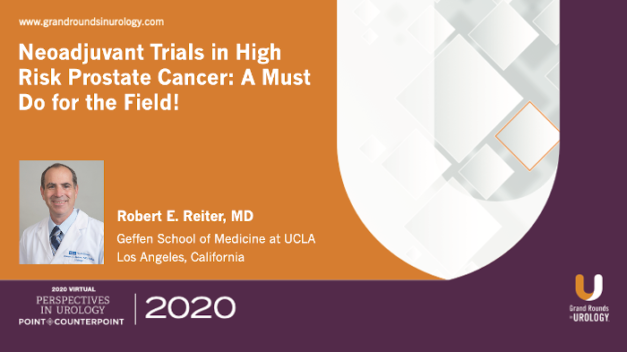Men with High-Risk Prostate Cancer Should Not Undergo Neoadjuvant Therapy Prior to Surgery
J. Kellogg Parsons MD, MHS, FACS, Professor of Urology at the University of California, San Diego, explains why neoadjuvant therapy prior to surgery may not be the best option for prostate cancer patients. He reviews findings from definitive randomized clinical trials that show ADT does not improve survival, and addresses common side effects, such as cognitive impairment and loss of testosterone function. Dr. Parsons then explains AUA Clinical Guidelines published in alignment with SUO and ASTRO that strongly recommend against routine neoadjuvant therapy prior to surgery. Lastly, he gives examples of when physicians can consider the option despite such caveats.
Read More
